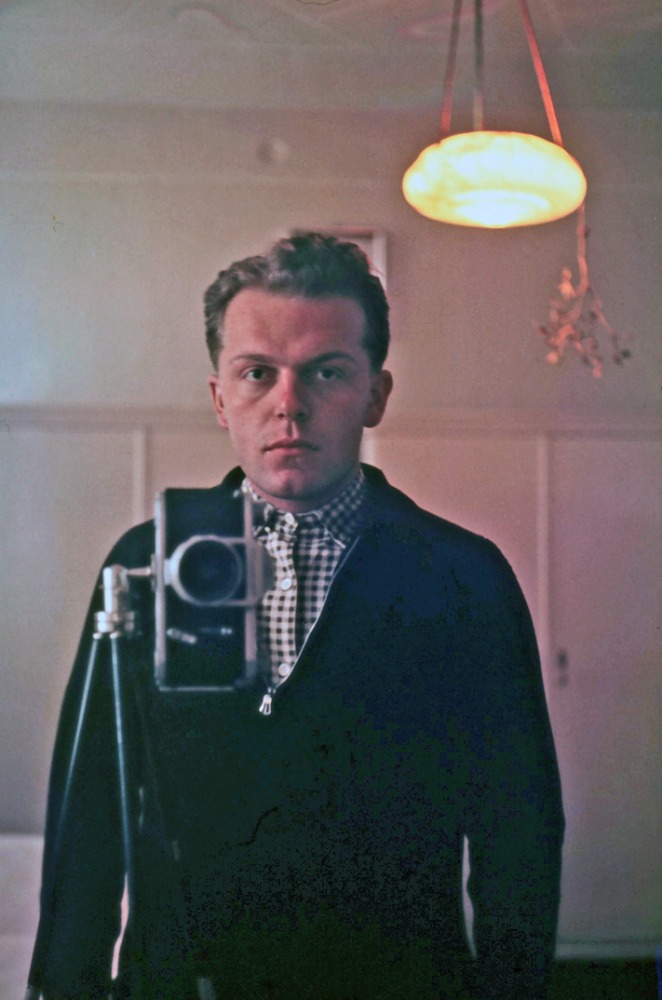Following his father‘s example, he defended the trade unions in 1968, then was branded an enemy of the Communist Party

Stáhnout obrázek
Stanislav Wieser was born on 22 July 1940 in Kutná Hora. He spent his childhood and the war in Červený Kostelec. There, his father, as a school principal, forbade the broadcasting of a speech by Emanuel Moravec, for which he was investigated by the Gestapo. The Wiesers listened to broadcasts from London, and at the end of the war they joined the resistance and the uprising. After 1945 they moved to Trutnov, where his father was a national administrator and active in the Social Democrats. Due to its merger with the Communist Party in 1948, he joined the party and was later removed from his position as director because he was not an active communist. Stanislav Wieser graduated from the Faculty of Civil Engineering of the Czech Technical University and joined the company Pozemní stavby in Karlovy Vary. During the Prague Spring he was involved in the ROH, for example he signed a resolution against the military exercises of Soviet army units on the territory of the Czechoslovak Republic and spoke out against the leading role of the Communist Party. After the invasion of the Warsaw Pact troops, he was branded politically unreliable and an enemy of the Communist Party and the USSR. He was demoted to private in the army and later rehabilitated in 1991. He worked as a teacher or for the administration of the Slavkovský les Protected Landscape Area, contributed to tourist and travel magazines, and took up photography. In 2023 he lived in Karlovy Vary.







